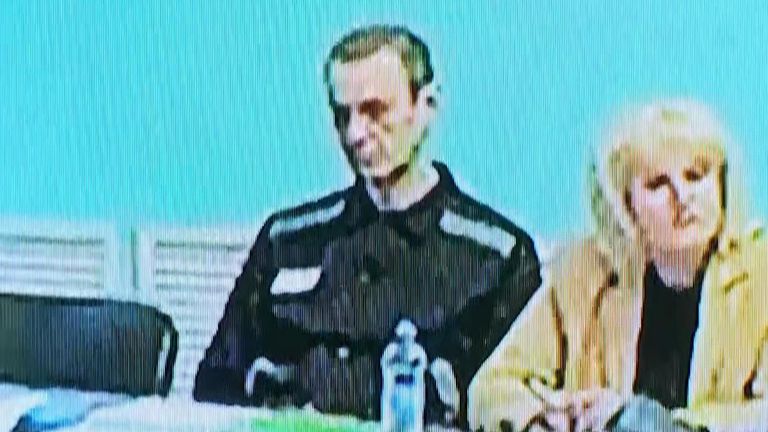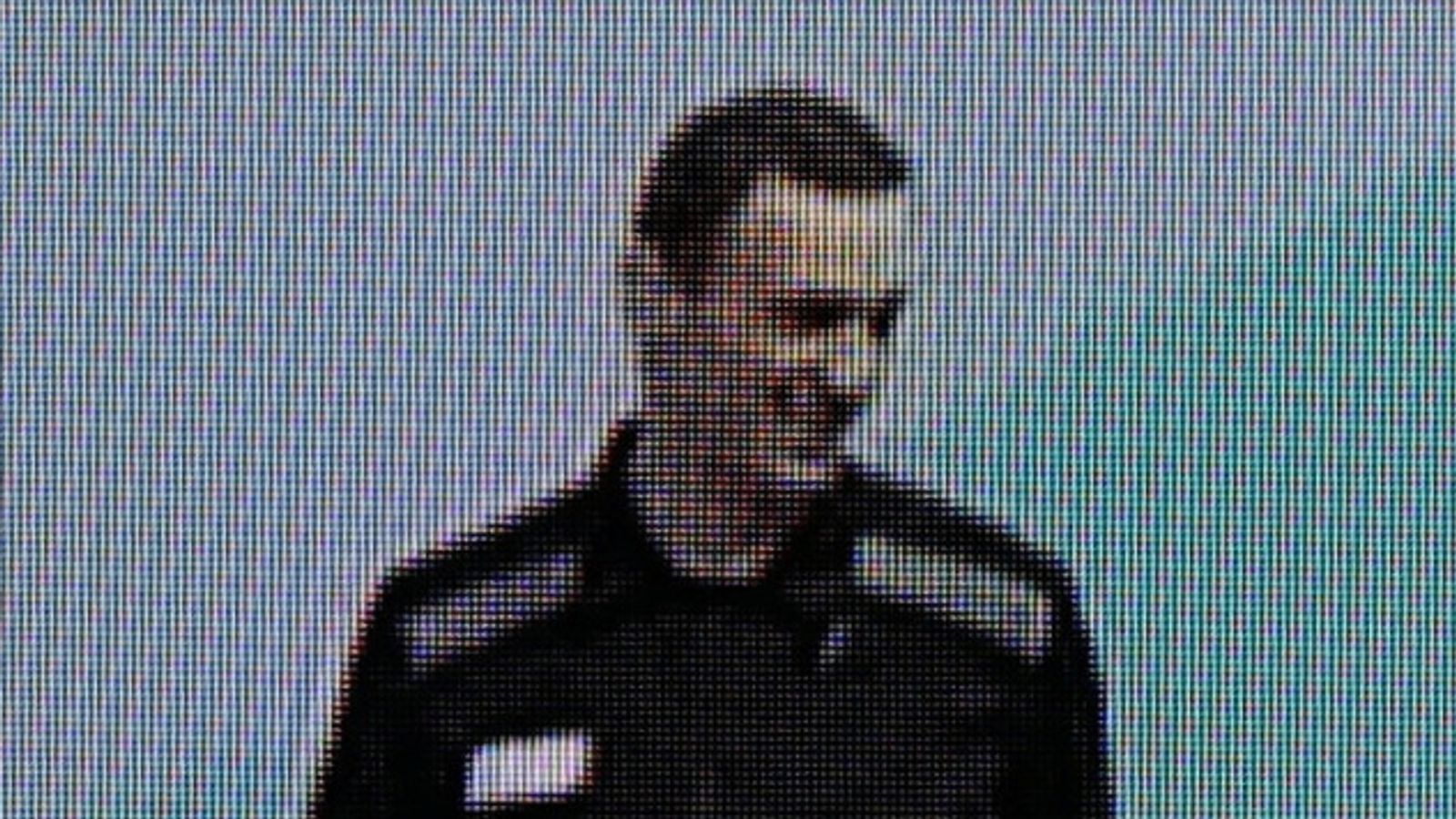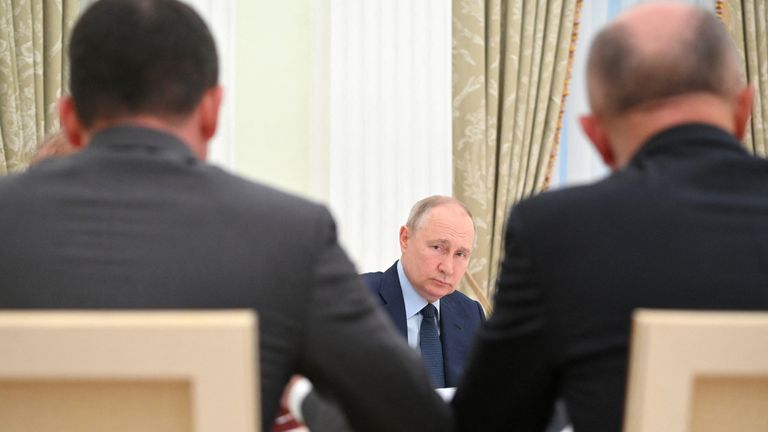
Jailed Russian opposition leader Alexei Navalny has been sentenced to a further 19 years behind bars on charges his supporters have branded trumped up to keep him out of politics for even longer.
The 47-year-old, who is President Vladimir Putin’s fiercest domestic critic, is already serving more than 11 years in prison for fraud and other alleged crimes he argues are also bogus.
Mr Navalny’s political movement has been outlawed and declared “extremist”.
Ukraine war live updates as sea drone hits Russian ship
State prosecutors had asked the court to hand him another two decades in a penal colony on six separate criminal charges, including inciting and financing extremist activity and creating an extremist organisation.
It is widely seen as a deliberate, politically-motivated strategy by the Kremlin to silence its most vocal opponent, who exposed official corruption and organised large-scale protests.
In a message posted on social media via his lawyers and aides, Mr Navalny said the outcome of the case did not matter as he was also threatened with terrorism charges that could bring decades in jail.
He said: “It’s going to be a long sentence. What is called ‘Stalinist’.”
He said the aim was to frighten Russians, but urged them not to let that happen and to think hard about how best to resist what he called the “villains and thieves in the Kremlin”.
The charges relate to his role in his now defunct movement inside Russia, which the authorities accused of trying to trigger a revolution by seeking to destabilise the country.
In his closing statement last month, delivered behind closed doors at the prison in Melekhovo, about 145 miles (235 km) east of Moscow where he is serving his sentences, Mr Navalny explained why he would keep opposing the Russian authorities.
He said: “For a new, free, rich country to be born, it must have parents. Those who want it. Who expect it and who are willing to make sacrifices for its birth.”
Read more:
Jailed Putin critic forced to listen to presidential speech for more than 100 days in a row
Navalny ‘possibly being slowly poisoned’ in prison’
Mr Putin, in power since 1999, is expected to run for another six-year presidential term in 2024.
With Russia waging what he calls its “special military operation” in Ukraine and locked in what he describes as an existential battle with the West, Mr Putin says it is vital for the country to remain united.
In February, the Russian leader ordered the FSB internal security service to step up its activities and said it was necessary “to identify and stop the illegal activities of those who are trying to divide and weaken our society”.
Read more:
How Putin’s reign could come to an end
Mr Navalny, who in the last decade brought tens of thousands of people on to the streets, was detained in January 2021 after returning to Moscow from Germany where he had been treated for what German doctors said was poisoning by a Soviet-era nerve agent.
The Kremlin, which at one point accused him of working with the CIA to undermine Russia, denied any involvement in what happened to him and denies persecuting Mr Navalny.
It has claimed he never represented a serious political challenge and that his case is purely a legal matter for the courts.













